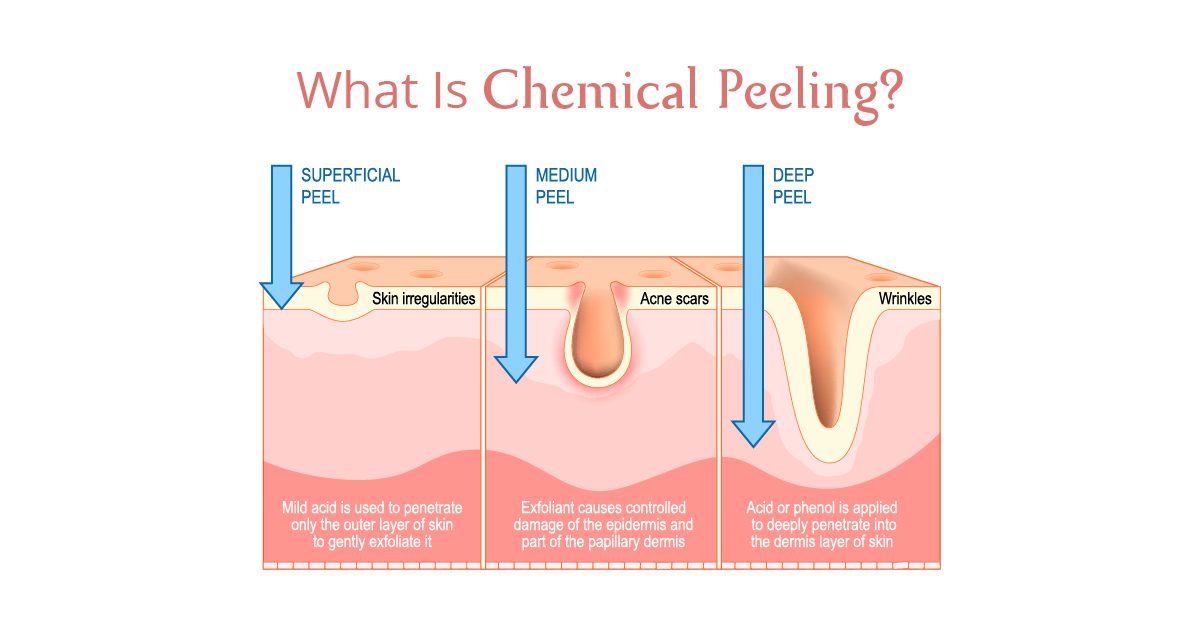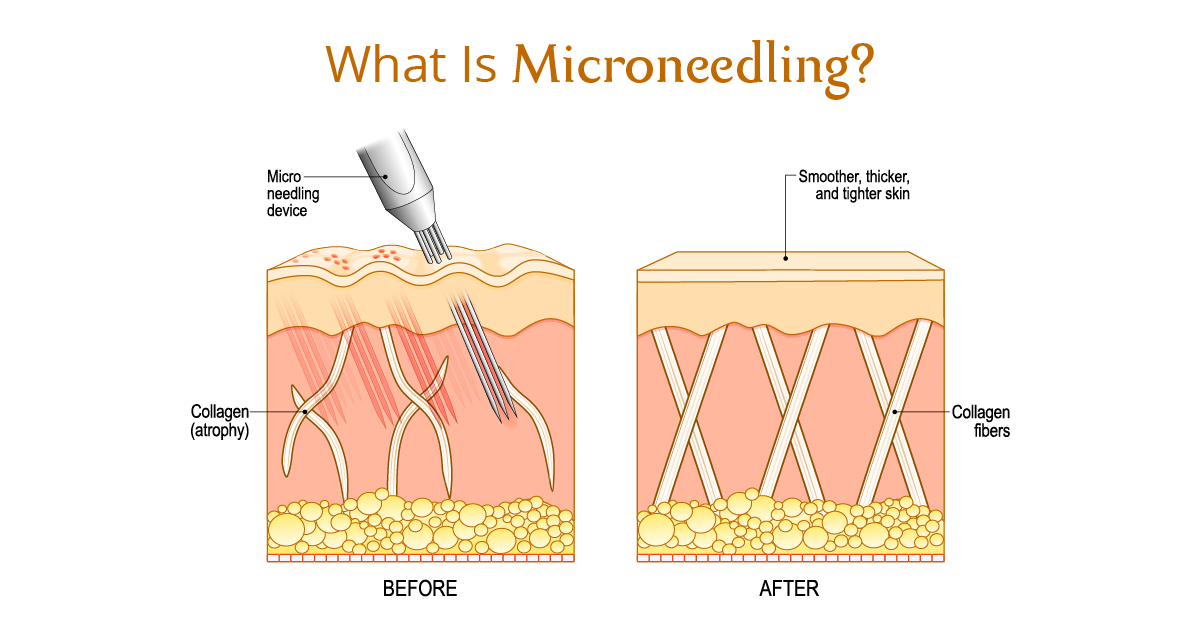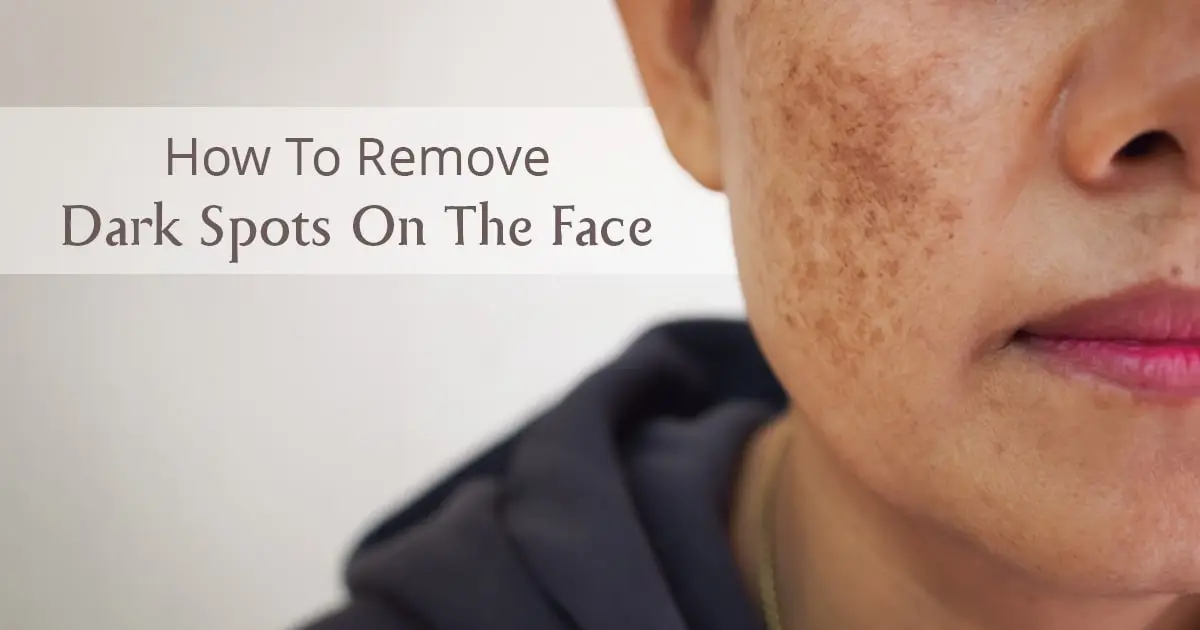
Imagine waking up, looking in the mirror, and there it was again. The same stubborn dark patches staring back at you, refusing to fade no matter what you tried. That’s “uneven skin tone” for you!
Has it ever occurred to you that your skin has a mind of its own—uneven, unpredictable, and frustratingly resistant to change? Some days, you hide it with an effective concealer and some days, you just leave it to be. However, uneven skin tone is more than just a few dark spots or discolouration. It's a constant battle against hyperpigmentation, dullness, and several skin issues.1
So, what’s your take on it? Do you have any quick hacks? Well, if you’re still grappling for an answer, then this is the right place for you. This blog discusses causes, treatments, and prevention strategies for managing uneven skin tone. Let's get started on this journey to healthy and glowing skin!
What Is Uneven Skin Tone?
Uneven skin tone - a phrase you've probably heard countless times, but have you ever wondered what it really entails?
Uneven skin tone refers to variations in the skin’s color, texture, or pigmentation, leading to areas of discoloration, dark spots, redness, or dullness. This condition is common and can affect individuals of all skin types and ages. It typically results from excess melanin production, which can be triggered by various internal and external factors.1 2 3
Causes Of Uneven Skin Tone
1. Sun Exposure
Prolonged sun exposure triggers the body's natural defense mechanism, producing more melanin to protect the skin from harmful UV rays. As a result, the skin may become more pigmented, developing darker spots or discoloration as it attempts to shield itself from the sun's damaging effects.1
2. Genetics
Your skin tone is influenced by 125 genes that control melanin production. Genetics can determine the number of melanocytes (skin cells which produce melanin), the pigment that gives your skin its color. While genetics plays a significant role, factors like sun exposure, medication, and cosmetics can also impact your skin tone over time.1
3. Skin Rashes And Infections
Skin rashes and infections can also alter your skin's color. Fortunately, most of these conditions can be effectively treated with over-the-counter or prescription medications. Some of the most common culprits include psoriasis, eczema, ringworm, contact dermatitis and other skin conditions. 4
4. Medication
Certain medications can also impact skin pigmentation. For example, some antibiotics can increase melanin production, leading to skin darkening. Conversely, other medications, such as skin-brightening treatments, can have the opposite effect. 1
5. Birthmarks
They are patches of skin discoloration that are present at birth or develop shortly after. Their appearance can vary - some may fade with time, while others remain permanent or even deepen in color as you age. 4
How To Get Rid Of Uneven Skin Tone
- Follow a proper skincare ritual of all basic steps- cleansing, exfoliation, and hydration. This may help maintain skin balance.4
- Always apply sunscreen when spending time outdoors. 4
- Avoid the sun between 10 a.m. and 4 p.m. (when ultraviolet, or UV, rays are strongest). 4
- Exfoliate your skin gently to remove dead skin cells and uneven skin tone. After exfoliation, do apply a moisturiser as the process may dry out your skin.5
- Staying hydrated is imperative to having a great skin tone. Therefore, drink plenty of water to keep your skin hydrated and plump.6
- Eating a healthy diet can also contribute to healthy skin. Fuel your skin with a balanced diet rich in whole foods, including fruits, vegetables, whole grains, and lean proteins. It can help shield your skin from damage and premature aging, promoting a healthier, more radiant complexion.6
Skincare Routine To Improve Uneven Skin Tone

Here are four essential steps to help fade dark spots, get a smooth texture, and reveal a brighter complexion: 7
1. Exfoliating Cleanser
Start with an exfoliating cleanser to remove dead skin cells and unclog pores. Exfoliation cleanses the skin and promotes a more radiant and even-toned appearance over time.7
2. Antioxidant Serum
Follow up with an antioxidant serum, preferably one containing Vitamin C. It helps neutralise free radicals, reduces pigmentation, and brightens dull areas, giving your skin a more uniform glow. 8 9
3. Sunscreen
Never skip sunscreen. Daily SPF protects your skin from UV damage, which can worsen dark spots and discoloration. Opt for a broad-spectrum sunscreen with at least SPF 30 to prevent further pigmentation and maintain the progress you've made. 10 11
4. Moisturiser/Hydrating Cream
A lightweight, hydrating moisturiser locks in all the benefits from your previous steps and keeps your skin barrier strong. You can look for ingredients such as sodium hyaluronate, glycerin, aloe vera and some natural oils that hydrate and nourish your skin deeply. 12 13 14
Common Treatments for Uneven Skin
1. Topical Treatments
When you figure out the cause of your uneven skin tone, using products with certain ingredients can help improve your skin tone and be more effective. Ingredients like Vitamin C, kojic acid, retinoids, and azelaic acid brighten skin, reduce dark spots, and improve texture over time. 15
2. Chemical Peels

A chemical peel, also known as chemexfoliation or dermapeeling, improves skin appearance by applying a chemical solution that gently exfoliates the skin's layers. This treatment induces a controlled injury, prompting the skin to shed its top layers and reveal smoother, more youthful skin. The result is a brighter complexion with fewer lines, wrinkles, and a more even tone. 16 17
3. Microdermabrasion
Microdermabrasion treatments gently exfoliate the skin, removing the thicker outer layer to reveal smoother, more even-toned skin. This non-invasive skin rejuvenation technique effectively helps reduce scarring, discoloration, sun damage, and stretch marks. By stimulating collagen production, microdermabrasion helps to thicken this essential protein, resulting in a younger-looking complexion with improved texture and tone. 18
4. Laser Therapy
Laser resurfacing targets irregular skin, reducing wrinkles, scars, and uneven skin tone while tightening skin and removing lesions. The laser technique vaporises skin layer-by-layer, removing the outer epidermis and heating the underlying dermis. This stimulates collagen growth, resulting in smoother, firmer skin. Also known as laserabrasion, laser peel, or laser vaporisation, this popular procedure rejuvenates skin with remarkable precision. 19
5. Microneedling

Also known as collagen induction therapy, this medical treatment uses tiny needles to puncture the skin. It helps reduce dark spots, melasma, stretch marks, acne scars and uneven skin tone. It is minimally invasive and safe for all skin types. 20
Key Takeaways
- Sun exposure, hyperpigmentation, acne scars, and environmental factors may lead to uneven skin tone.
- Brightening skincare ingredients and professional treatments can help restore an even complexion.
- Prevention strategies like sunscreen and a consistent skincare routine are key to maintaining balanced skin.
Can Uneven Skin Tone Be Prevented?
Yes, it can be prevented in the following ways: 15 21
- Protect your skin from the harmful sun rays by applying sunscreen every two hours, or immediately after swimming or sweating.
- Add extra protection with a wide-brimmed hat when outdoors.
- Try to limit your time in the sun between 10 a.m. and 2 p.m. when sun rays are strongest.
- Choose gentle skin care products that don't irritate your skin - if a product burns or stings, discontinue use.
- Don't forget to address the other causes of dark spots, such as treating any underlying skin conditions.
The Final Takeaway
Overcoming uneven skin tone is achievable with the right approach. By understanding its causes and incorporating effective treatments and skincare routines, you can reduce the appearance of dark spots, hyperpigmentation, and other discolourations. With patience and persistence, you can achieve a smoother, more even-toned complexion. By tackling uneven skin tone head-on, you'll be one step closer to radiant, healthy-looking skin that glows with confidence.







.webp)



